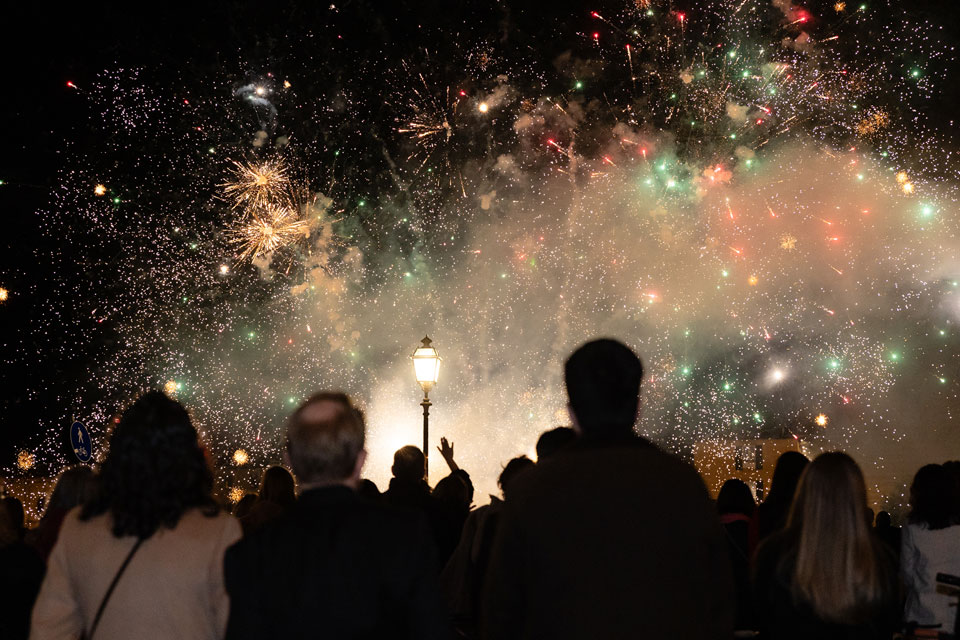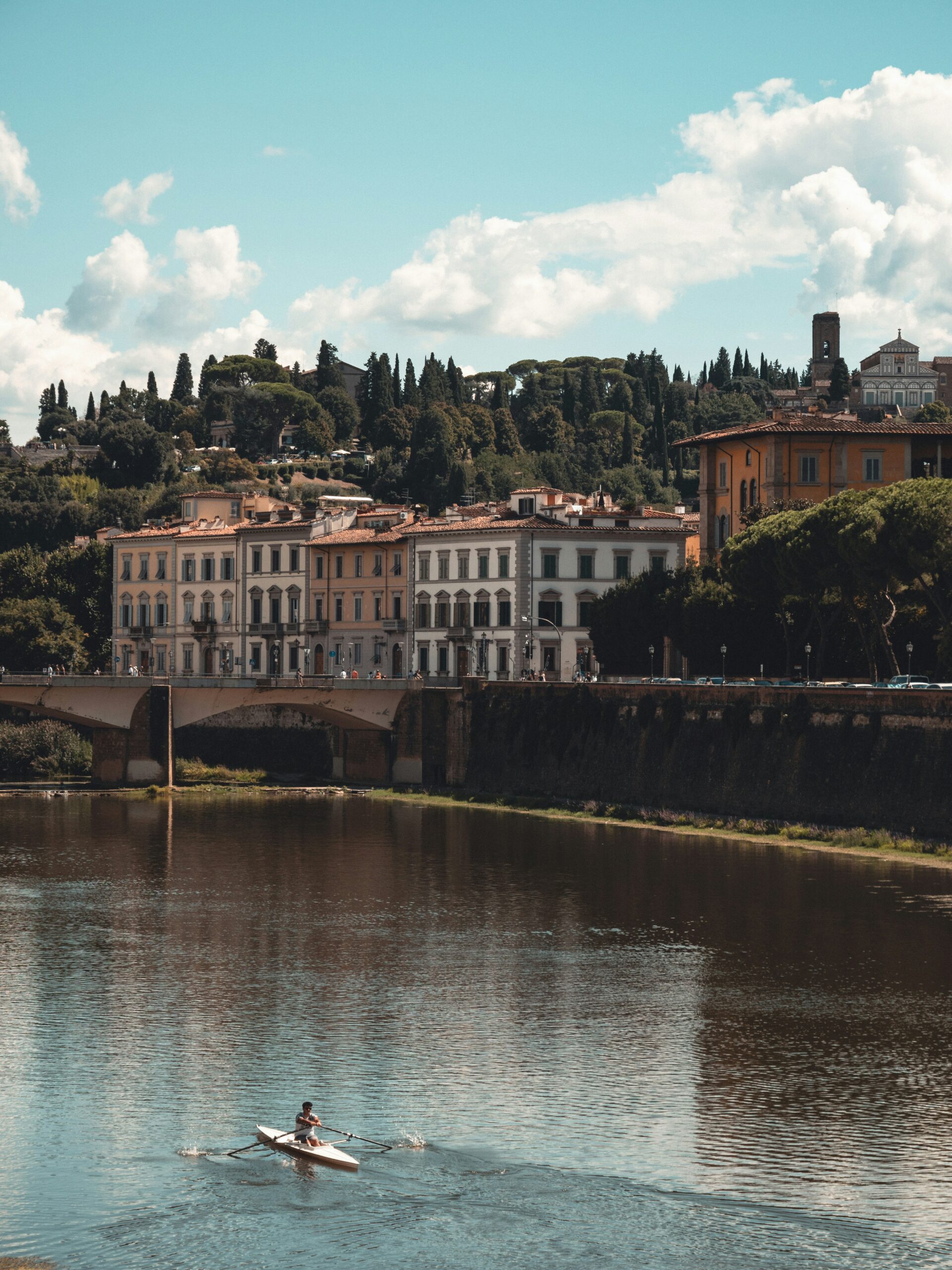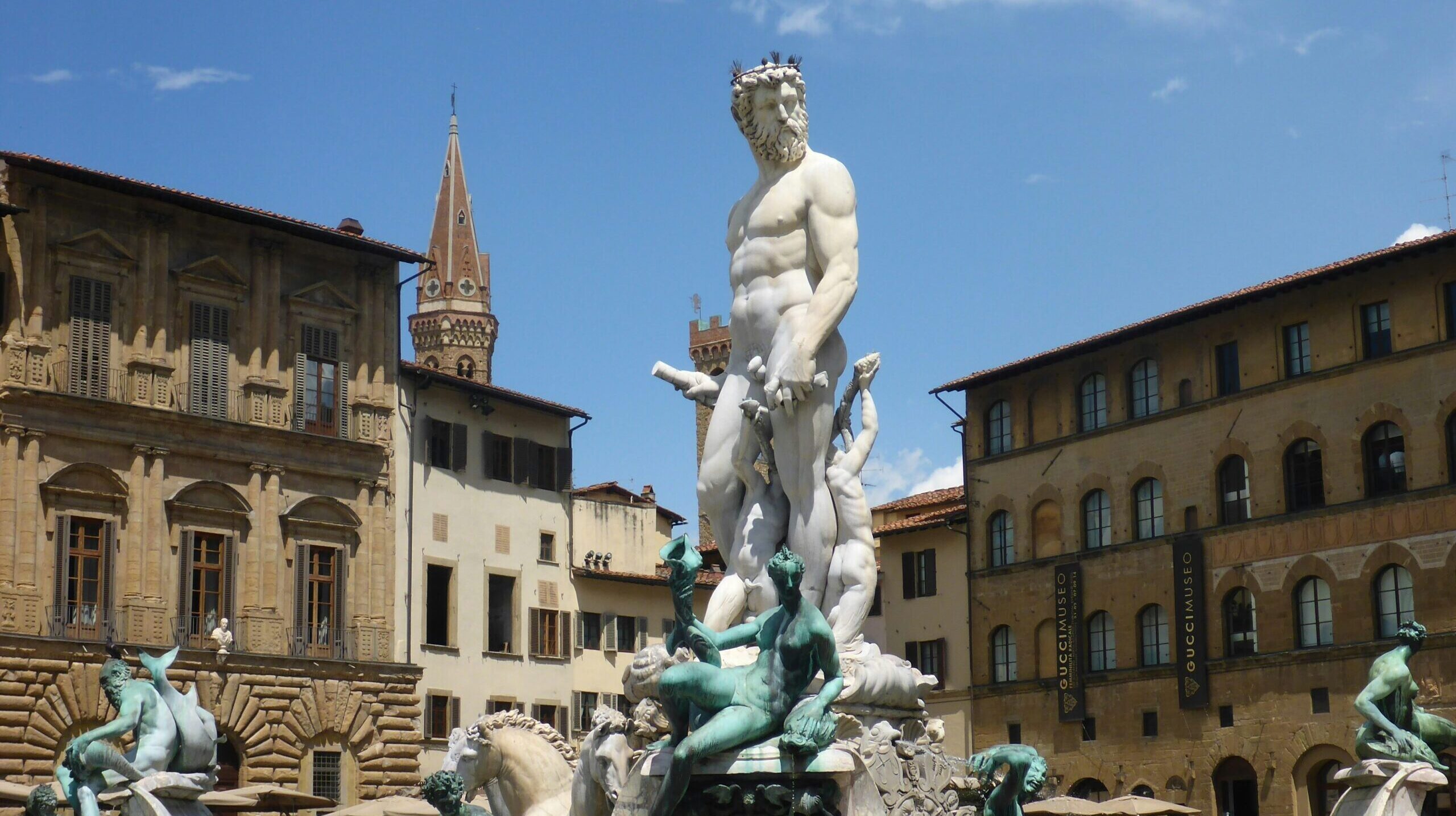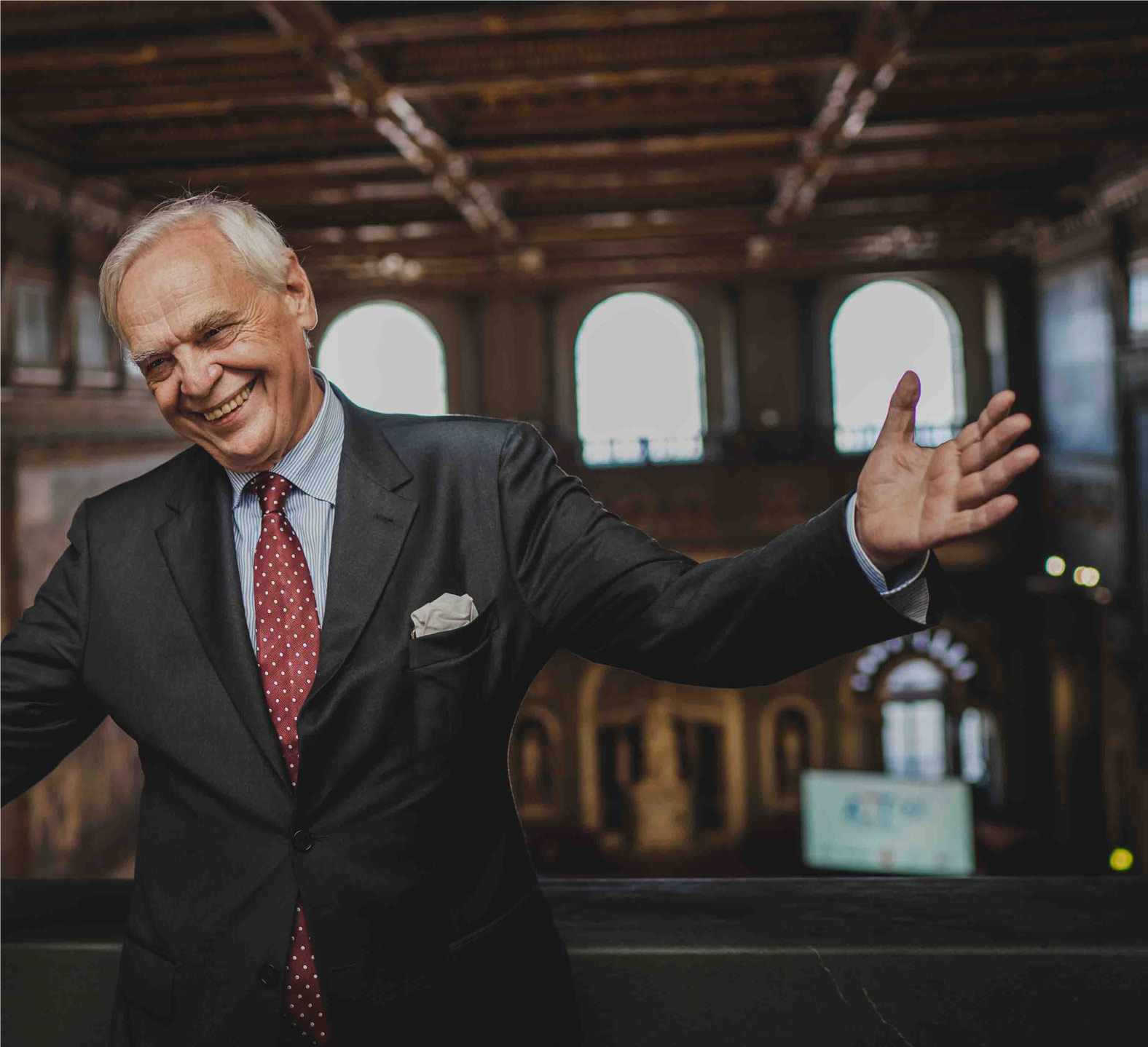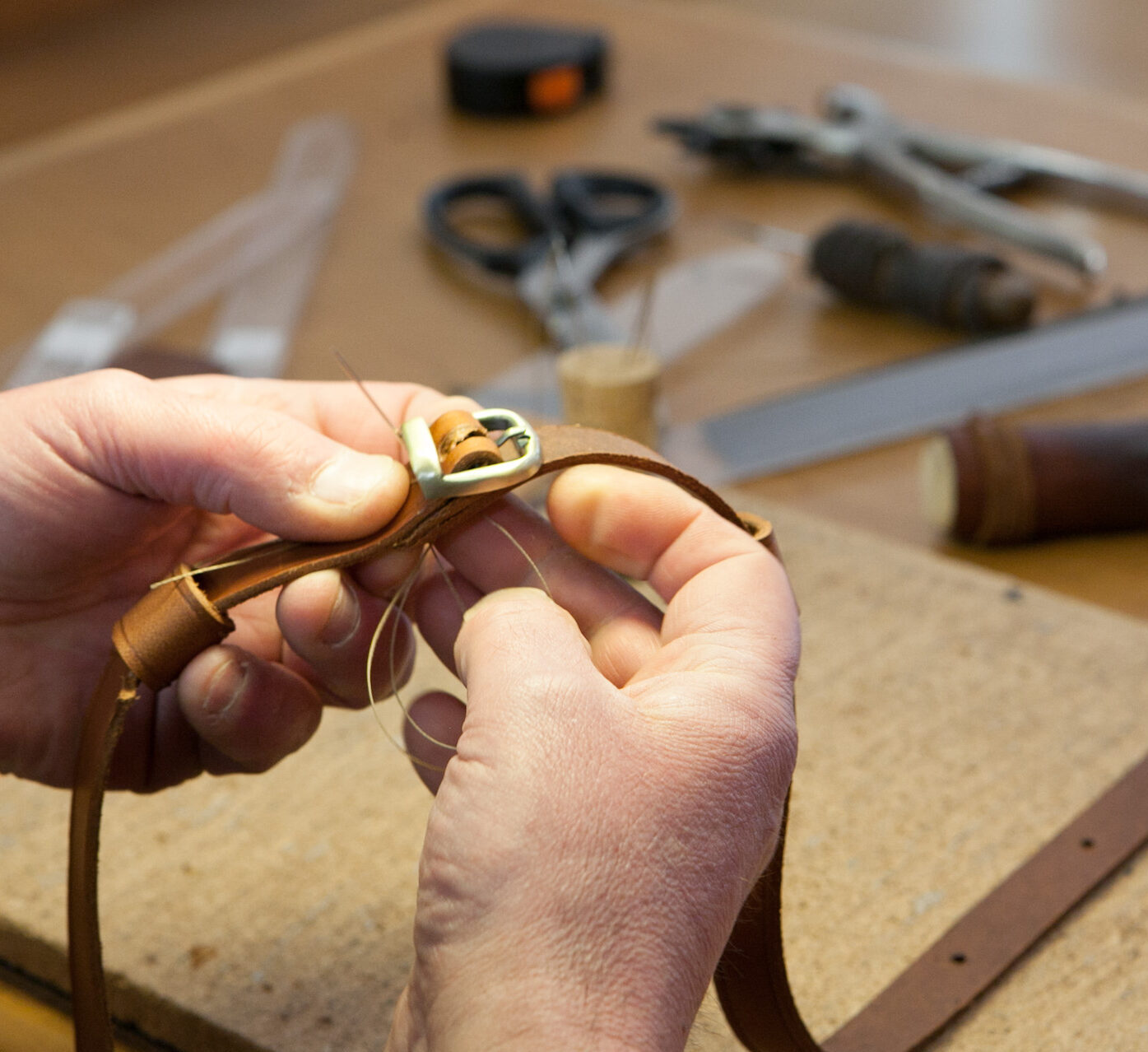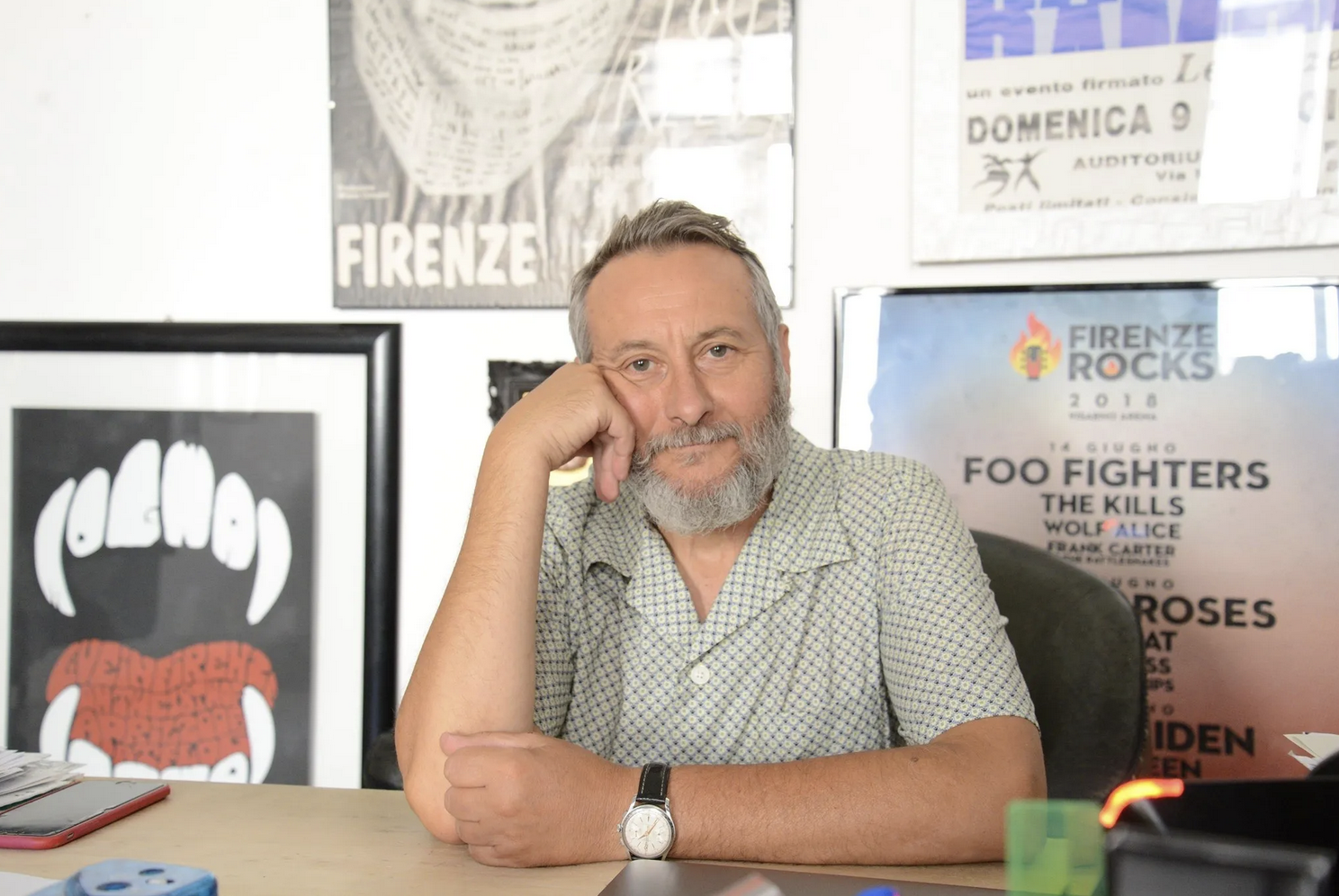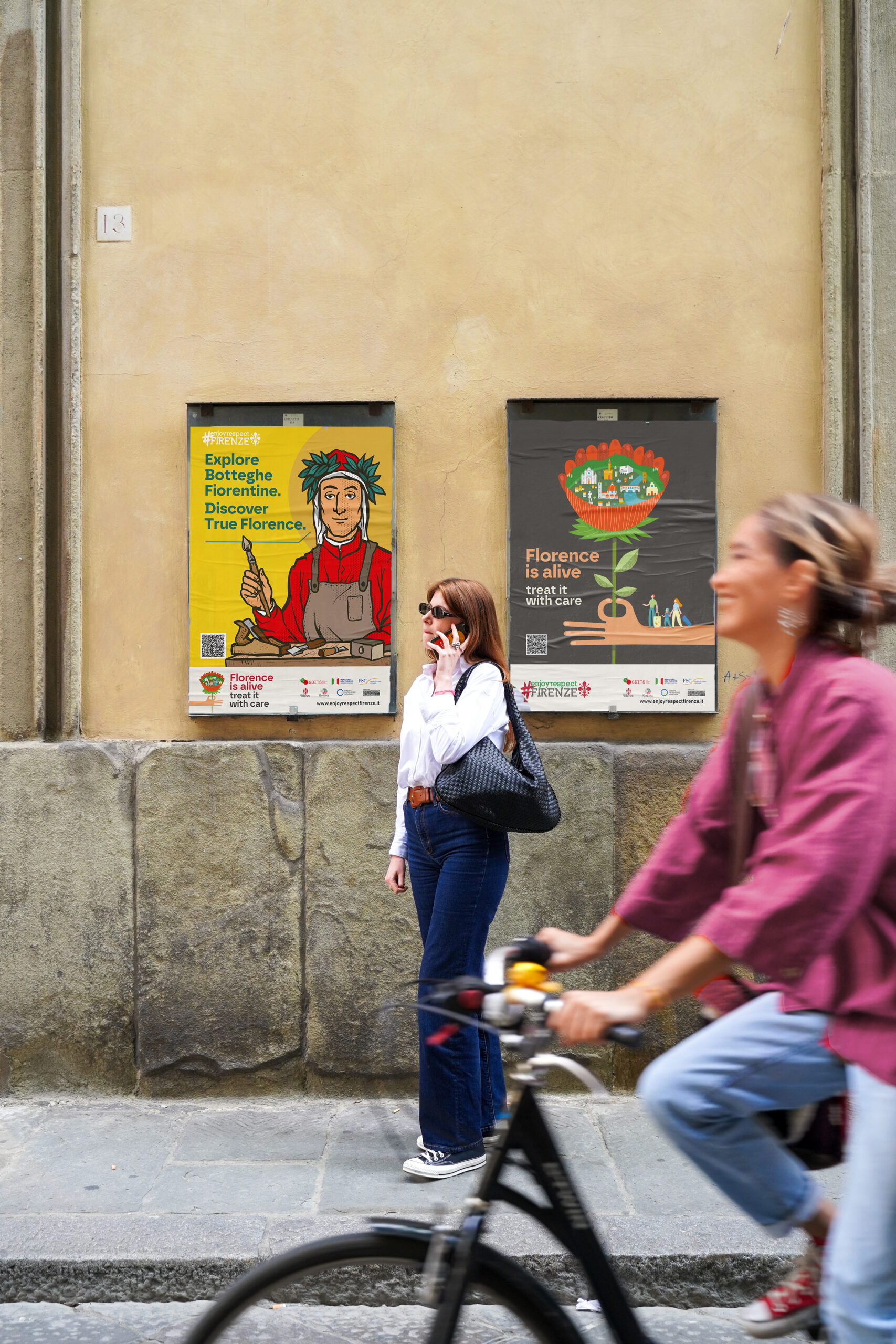What will happen with the opening of the new auditorium at the Maggio Musicale Fiorentino?
The intention is to give the lyrical side of the house the possibility to rehearse opera in peace and not always be chased by the symphonic side because, at the moment, we always tell the directors to leave the stage because we have to hold a concert. On the other hand, the orchestra would like to have more time to work on pieces in the original acoustics. Now having two halls, one for concerts and one for operas, will create a situation in which you want to do first-class scenic productions. Obviously the new auditorium will also create an opportunity for people to use the space to hold conferences and congresses too.
How are you actively going to attract international conference tourism?
We’re in constant contact with the Destination Florence Convention & Visitors Bureau, and I actually have the whole list of conferences, board meetings and shareholder assemblies here on my desk. It’s going to be a huge success. It’s a very beautiful, very practical hall, called Sala Zubin Mehta, with space for 1,000 people, which can be reduced to 500 for smaller groups. Those who require more room can choose the 1,800-seater Sala Grande. There aren’t many places that give such a complete offering. Here at the Maggio Musicale, conference delegates can combine business with world-class concerts.
The inauguration will take place on December 21 in the presence of the President of the Italian Republic, Sergio Mattarella. What can we expect?
The idea is to do a piece that is typical for Tuscany and Puccini couldn’t be more Tuscan. So, on December 21, we will do Puccini’s Messa a quattro voci and then Beethoven’s Symphony No. 7, whereas on December 22, which is open to the public, we will also add Te Deum by Bruckner. I could have used a Te Deum by Verdi, but I wanted to be more international and not overly Italian. On December 23, the first opera, Beethoven’s Fidelio, will be held in the Sala Zubin Mehta. In fact, all three inaugural concerts will be conducted by Maestro Zubin Mehta.
In the future, how do you see Maggio Musicale reaching out to a more international public?
I’m trying to change the Maggio Fiorentino not only to run from the end of April to the beginning of July, but to make it three festivals: one in the autumn, one during carnival time and one in the usual Maggio time. We will draw lines and play to themes. In autumn 2022, it will be Verdi; for Carnival 2023, Faust; for May 2023, Wagner; autumn 2023, the Second Viennese School, with Berg and Webern. Then we will have Mozart and Rossini for Carnival and Wagner again for the second part of the festival in spring 2024, and in autumn 2024 we will have Puccini because it’s Puccini year. With these clear themes and with top international artists and casts, we will strive to attract the international music travelling public.
What are you doing to reach out to make sure this is an inclusive space for all generations?
Many years ago, I invested a lot in the generation between 15 and 35 years, but with limited success. Then I said to myself, Ok, you can invest in that field, but it doesn’t make sense if you don’t start from the very beginning. You have to start with the 5, 6 and 7 year-olds and have the time to develop your public. That was the moment I started to do children’s operas in Zurich. For me, these are famous operas, like Cenerentola or The Magic Flute, which are reduced to one hour with a narrator that speaks to the children with a reduced orchestra. Afterwards, we brought the actors into the foyer and the children asked them to sing, to take and sign photographs, to have a party with them. I had 280,000 children coming to La Scala to take part in this children’s opera! We started this in Florence, but unfortunately we were restricted throughout the pandemic because the schools couldn’t allow the children to come. We will try to start this programme again. We have also worked on children’s shows with the association ‘Venti Lucenti’, having just done a Così fan tutti, based on Mozart’s Così fan tutte at our second theatre, Teatro Goldoni. What we’re not doing enough but should be doing more is going to all these universities we have here in Florence. Also, in February, we will introduce a new programme, similar to what I did in Zurich and Milan, which means for every opera we do, we will have one performance at 50% pricing.
How do you view your responsibility as a cultural producer to commission original works and support emerging composers, while balancing the favourites among opera goers?
There is no avant-garde without respecting the past, but there is also no respecting the past without bringing new developments. The problem is, especially in difficult times like this, promoters try to be more careful. At the end of the day, it doesn’t pay off. Many people think that the young generation is very avant-garde, but it’s the contrary. The younger generations are more traditional than some of our people in their sixties and seventies, who are much more interested in seeing a contemporary opera than the 18 to 25 year-olds. And a modern version of The Barber of Seville is maybe often better accepted by a more educated audience than by people who come to the opera for the first time. Therefore, you can’t say that you have to do more contemporary opera to get more young people through the doors. But you have to have contemporary opera to give truth to what you do. That’s the point.
How is the Maggio Musicale now at this stage of the pandemic? I know that you reverted to showing streaming performances…
For a long time, we were the only ones streaming performances. My main goal was to keep my people working, so I collected money from private sponsors to be able to make an interesting programme because artists are not made for staying at home. Normal people are not made for staying at home, but it’s worse for artists because their life is all about embracing the public. But the upside is, this house has an enormous element of quality. That’s why we can tell people all around the world: Come to Florence because we are producing the same quality that you find in Bayreuth, Salzburg and Aix-en- Provence. That’s why we dare to say we want to be a global festival city.
